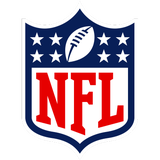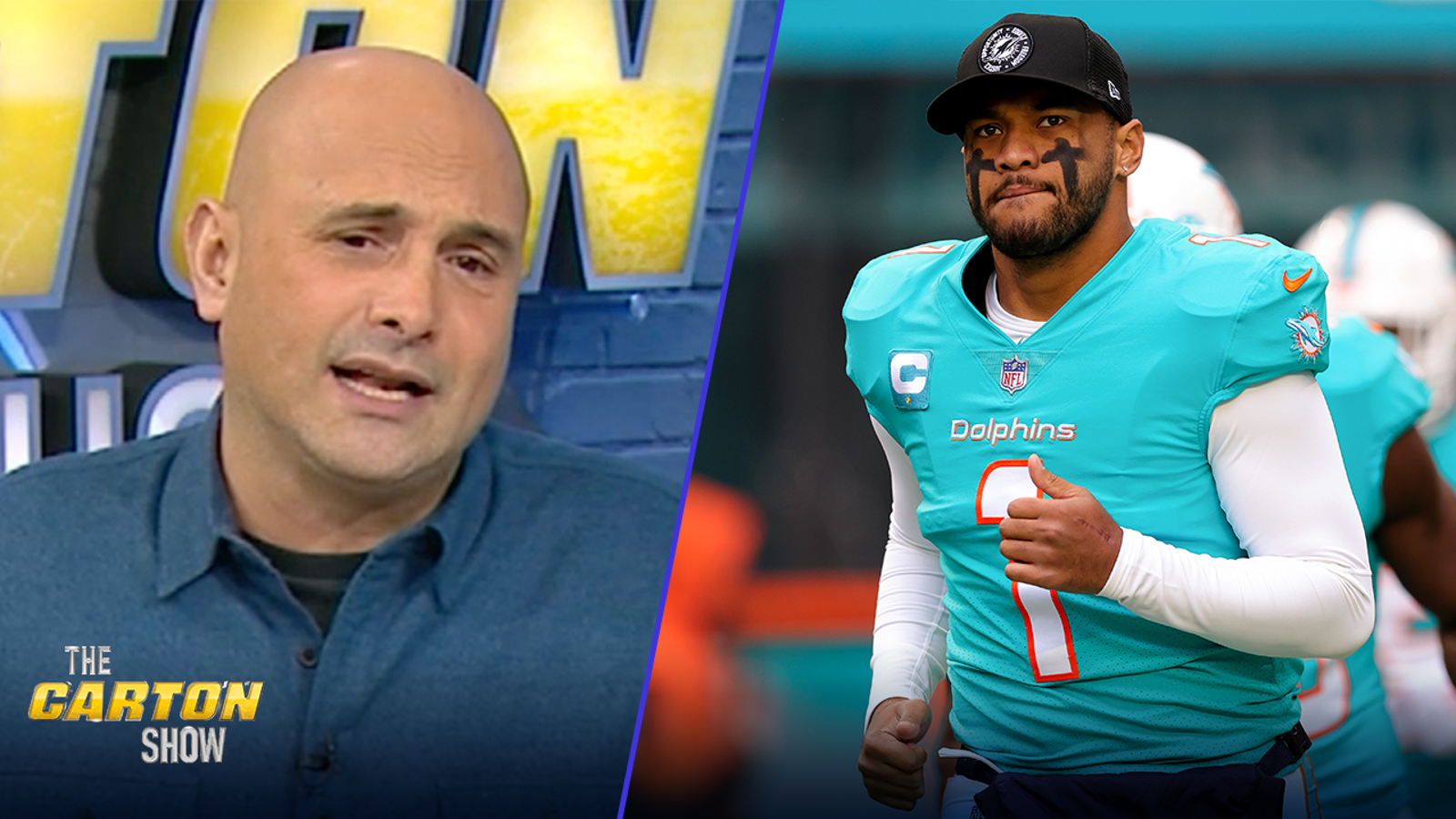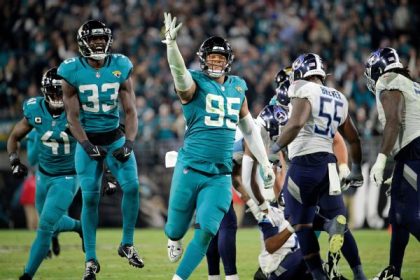Tua Tagovailoa self-reported concussion-like symptoms yesterday following his Christmas Day game against the Packers.
The Dolphins were leading 20-10 prior to the play when it appears he was concussed:
Tua did not throw another pass in the first half, because the Dolphins ran the ball and fumbled on the next play and the Packers kicked a field goal as time expired in the first half.
In addition to the big-picture stats embedded in the above tweet, look at some of these efficiency metrics:
Early-down passing efficiency, among 37 QBs last week:
- Before the above play: +1.05 EPA/att (No. 1 in NFL), 26.5 YPA (No. 1 in NFL), 14.8 air yds/att (No. 1 in NFL)
- After that play: -0.78 EPA/att (No. 34 in NFL), 6.4 YPA (No. 23 in NFL), 9.5 air yds/att (No. 12 in NFL)
It was clear to me with the three interceptions, something wasn’t right about Tua in that second half, particularly relative to how he played in the first half.
If he did suffer a concussion with 2:40 to go in the first half, it certainly puts this second-half performance in perspective.
Tua Tagovailoa enters concussion protocol, could be out for the season
News broke yesterday that Tua Tagovailoa will once again enter concussion protocol, and Craig Carton questions whether Tua should return for the rest of the season. He and Greg Jennings also debate what this news means for the rest of the AFC.
How critical will it be to hold the No. 5 seed in the AFC rather than No. 6?
The Ravens and the Chargers are the two likeliest teams to end up with the AFC’s fifth seed (with an outside chance for the Dolphins, but that is looking highly unlikely with Tua Tagovailoa in the league’s concussion protocol). That team will travel to Jacksonville to take on the now-7-8 Jaguars.
The sixth seed, meanwhile, will travel to either Buffalo, Kansas City or Cincinnati to take on the now-12-3 Bills, 12-3 Chiefs or 11-4 Bengals.
While no one is disrespecting the difficultly of any road playoff game, taking on the 7-8 Jaguars in warm Jacksonville is certainly more desirable than traveling to a cold-weather venue to take on a significantly stronger opponent. Particularly for a dome team from California like the Chargers.
To land that spot, the Chargers need to win their final two games, which means defeating the Rams as 6.5-point favorites this week and then winning in Denver in Week 18. Both are wins the Chargers should be able to get, but they will need the Ravens to stumble as well, either this week as three-point home favorites against the Steelers or next week in Cincinnati.
Right now, the Chargers have longer odds to win the Super Bowl than the Ravens do. But it certainly seems like a path is there for the Chargers to land that No. 5 seed.
The first tiebreaker is head-to-head, but these teams didn’t play.
The second tiebreaker is conference games. The Chargers are 7-4, the Ravens are 6-4.
The third tiebreaker is W-L percentage in common games. Let’s break that down:
- The Chargers are 1-0 vs the Browns, the Ravens are 1-1
- The Chargers are 1-0 vs the Dolphins, the Ravens are 0-1
- Both teams beat the Broncos, the Chargers have 1 game remaining
- Both teams beat the Falcons
- Both teams lost to the Jaguars
The bottom line:
If the Ravens sweep their last two games, they get the fifth seed.
But if the Ravens do not sweep and the Chargers do, the Chargers will get that favorable matchup. They’ll have an equal or better W-L record. And if they are tied at 11-6, the Chargers own both the second and third tiebreakers.
The Ravens do have a shot to land the No. 3 seed if they sweep their final two games (one of which comes against the Bengals in Cincinnati). But if we’re playing the odds, I’d wager the Ravens do not sweep to close out the year, the Chargers do — and they land the fifth seed.
Washington Commanders’ perplexing run-heavy strategy
I was a little dumbfounded with Washington’s run-heavy strategy last week against the 49ers.
On first-half early downs, Washington ran the ball 82% of the time.
That was more run-heavy than the Saints or the Browns, who played in 40-mph gusts in a Cleveland blizzard.
The only way such a high run rate would make sense is if the opponent has a terrible run defense. But that isn’t the case. Not only did the 49ers have the No. 2-ranked run defense entering this game, Washington’s run offense ranked No. 25 — against the easiest schedule of run defenses of any team. This was a massive step up in difficulty level.
So it would come as no surprise that when Washington leaned on the run, the Commanders struggled.
Running plays gained 2.4 yards per carry, -0.31 expected points added/play and a 17% success rate. Yet Washington ran 22 times.
Meanwhile, passes gained 10.3 yards per attempt, +0.77 EPA/play and 60% success. But because Washington ran the ball 82% of the time on those early downs, they only had five pass attempts in those situations.
Washington was able to keep this game close early thanks to their defense, but the run-heavy game plan didn’t do anything to actually help their quarterback avoid third-and-obvious pass situations. So while Washington did lose this game in the fourth quarter on the scoreboard, they punted away an opportunity to lead it in the first half.
Top stories from FOX Sports:
Warren Sharp is an NFL analyst for FOX Sports. He is the founder of Sharp Football Analysis and has worked as a consultant for league franchises while also previously contributing to ESPN and The Ringer, among other outlets. He studied engineering before using his statistical acumen to create predictive football models. You can follow Warren on Twitter at @SharpFootball.

Get more from National Football League Follow your favorites to get information about games, news and more













